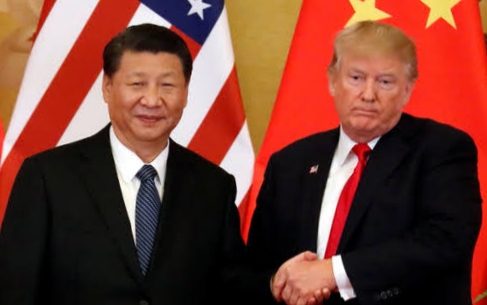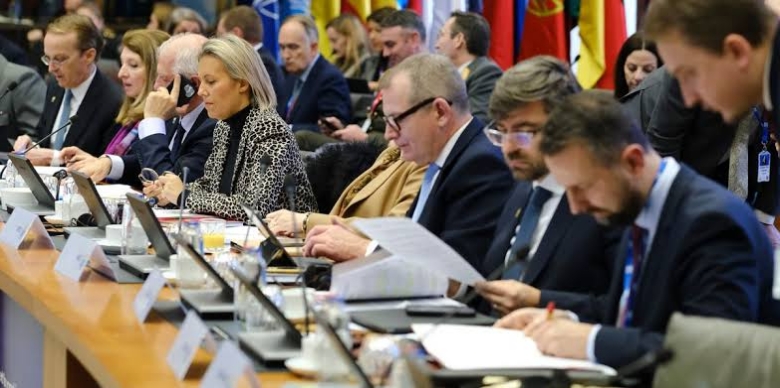INTERNEWSTIMES.COM – Anura Kumara Dissanayake, Sri Lanka’s newly elected president, faces a complex geopolitical landscape as he takes the reins of a nation still recovering from its worst economic crisis in decades. Dissanayake’s victory marks a significant shift in Sri Lanka’s political landscape, with analysts closely watching his approach to foreign policy, particularly his relationship with India and China.

Sri Lanka has become a battleground for regional influence, with both India and China vying for dominance. India has stepped up its engagement, providing significant financial and material aid during Sri Lanka’s recent economic crisis, while China has also sought to strengthen its influence through investments and development projects.
Dissanayake, who leads a Marxist-leaning alliance, has pledged to prioritize economic development and address poverty. He has also signaled a potential shift in the country’s approach to foreign investment, expressing concerns about the Adani Group’s involvement in Sri Lanka’s port and renewable energy sectors.
The new president’s stance on India and China is crucial, given Sri Lanka’s strategic location at the crossroads of major shipping routes. Experts believe that Dissanayake will strive to maintain a balanced approach, acknowledging China’s continued involvement while strengthening ties with India.
The success of Dissanayake’s government will depend on its ability to navigate this delicate geopolitical tightrope walk, balancing the competing interests of regional powers while prioritizing the country’s economic recovery and the well-being of its people. (Red)



























